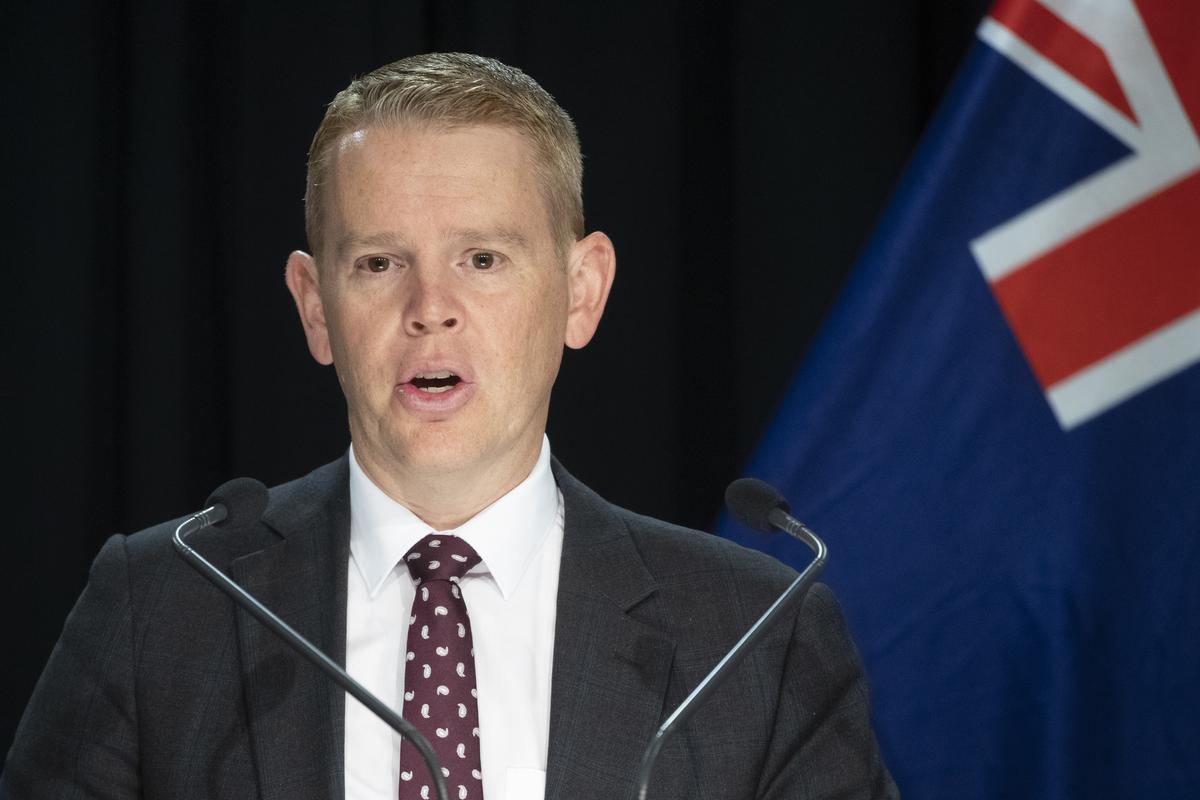
New Zealand Prime Minister Chris Hipkins is set to embark on a significant visit to China from June 25 to 30, leading a trade delegation. In a recent statement, Hipkins expressed his disagreement with U.S. President Joe Biden’s characterization of Chinese leader Xi Jinping as a dictator. This has sparked a conversation on the nature of China’s governance and the diplomatic implications of such statements. Let’s explore this topic further and understand the context behind Hipkins’ stance.
Table of Contents
- Introduction: Chris Hipkins’ Upcoming Visit to China
- The Disagreement with President Biden
- China’s Government and the Chinese People’s Perspective
- Diplomatic Implications of Hipkins’ Statement
- Conclusion
- FAQs
1. Introduction: Chris Hipkins’ Upcoming Visit to China
New Zealand Prime Minister Chris Hipkins is gearing up for an important visit to China, scheduled from June 25 to 30. This visit holds significant importance for strengthening bilateral ties between the two nations, with a focus on trade and economic cooperation. As the leader of a trade delegation, Hipkins aims to explore new opportunities and foster a deeper understanding between New Zealand and China.
2. The Disagreement with President Biden
In response to President Joe Biden’s comment that Xi Jinping is a dictator, Chris Hipkins expressed his differing opinion on June 22. Hipkins stated clearly that he does not agree with the characterization of Xi Jinping as a dictator. He emphasized that the form of government in China is a matter for the Chinese people to determine, reflecting his belief in respecting China’s sovereignty and allowing its citizens to shape their own political system.
3. China’s Government and the Chinese People’s Perspective
China operates under a unique political system known as the People’s Republic of China, which combines socialist principles with Chinese characteristics. The government is structured as a single-party system, with the Communist Party of China (CPC) holding authority. The Chinese people participate in the political process through various mechanisms, such as electing representatives at different levels.
It is essential to recognize that China’s political system, including the role of the CPC, is the result of historical and cultural factors specific to the nation. The Chinese people have different perspectives and experiences that shape their understanding of governance. Chris Hipkins’ statement acknowledges this diversity and upholds the principle of non-interference in China’s internal affairs.

4. Diplomatic Implications of Hipkins’ Statement
Chris Hipkins’ disagreement with President Biden’s remark carries diplomatic significance, particularly in the context of New Zealand’s relations with both the United States and China. New Zealand has maintained a policy of fostering strong ties with various nations while promoting an independent foreign policy. Hipkins’ statement showcases New Zealand’s commitment to respecting China’s sovereignty and its desire to build a constructive relationship based on mutual respect and understanding.
It is worth noting that diplomatic relations can be complex, and disagreements on certain matters are not uncommon. As sovereign nations, leaders may express their own opinions and perspectives, contributing to the diverse discourse in international relations. By voicing his disagreement, Chris Hipkins asserts New Zealand’s independent position and emphasizes the importance of maintaining open dialogue between nations, even when opinions differ.
5. Conclusion
In conclusion, New Zealand Prime Minister Chris Hipkins has expressed his disagreement with President Biden’s remark characterizing Chinese leader Xi Jinping as a dictator. As he prepares for his









